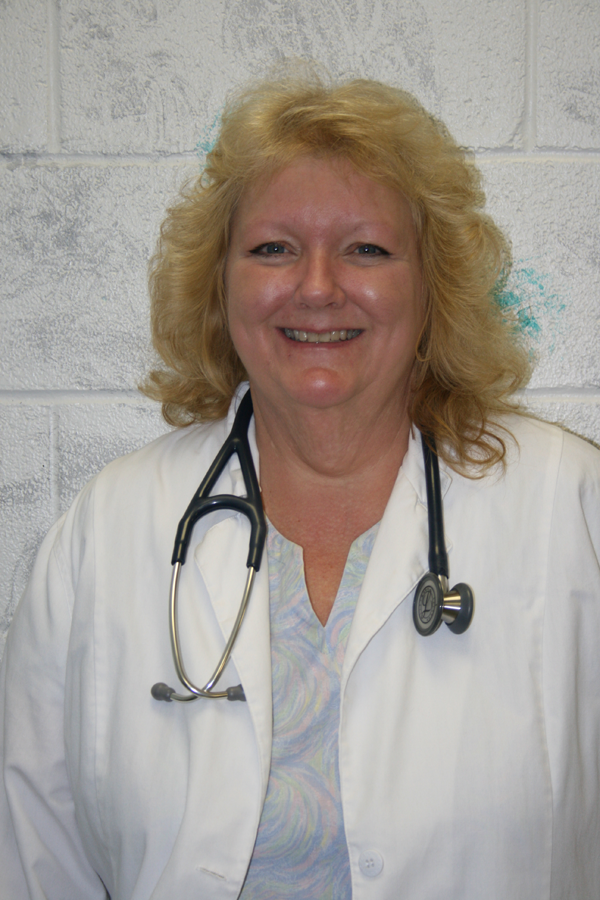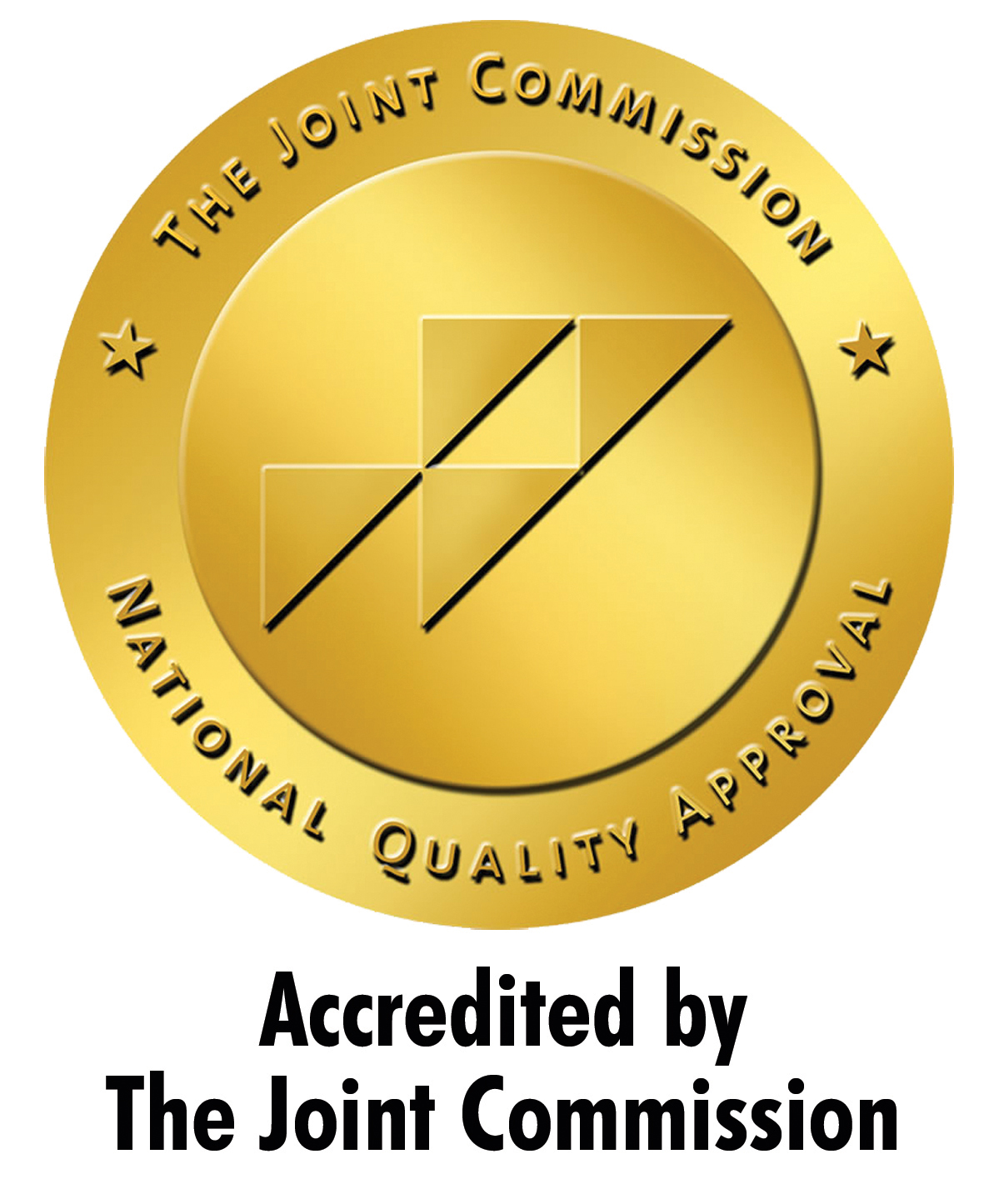Cardiac Rehabilitation: An Important Investment in Your Life
By Joni Baumberger, RRT
February 22, 2013During our lifetime some of us will invest in a retirement program, invest money toward our children’s college years, and even write personal notes to keep our schedules running smoothly. Your personal note could read, “Go to the grocery store after work, take son to baseball game, and suffer a heart attack. “ Surprised? Some people have no warning signs of a heart attack, and in a blink of an eye life as you know it has suddenly changed because you may be facing heart catheterization, bypass surgery or placement of stents.
After your heart procedure you may have doubts and fears about whether or not you can regain your active normal life. You may have many unanswered questions about heart disease, exercise, and changing your diet. The best investment you can make at this time is cardiac rehabilitation.
Cardiac rehabilitation is an important step to resuming an active lifestyle for people who have had a heart attack, heart disease, coronary bypass, and angina. Cardiac rehabilitation has so many benefits, starting with an exercise program that is tailored specifically for you.
When recovering from a heart attack or surgery for heart disease, it is important to rebuild your system which has received a traumatic blow physically and mentally. Patients in a cardiac rehab program experience substantial improvement in the quality of their lives through exercise and educational and behavioral programs formulated to improve the physical cardiovascular system and emotional condition by reducing depression and anxiety. The foremost benefit of cardiac rehab is improving heart health, gaining confidence to enjoy life again, and shedding the fear of the occurrence of another heart attack.
Reassurance of onsite doctor availability and close heart monitoring during the exercises offers heart patients the confidence to start strengthening their heart muscle. Patients remain under constant care of the rehab technicians who are skilled in arrhythmia recognition and advanced cardiac life saving certification. Blood pressures are monitored before during and after exercises. Patients are also questioned frequently during exercise to see if they are experiencing chest pain and shortness of breath, using a rate of perceived exertion scale. Patients are also monitored about their medication compliance each session.
Educational classes are designed to provide individual and group information about heart disease and stress management. Rehab teams provide counseling on nutrition and exercise and help patients understand why physical activity and proper diet are vital for cardiovascular health.
After completing a 12 week session of 36 rehab visits, many patients continue their visits on a maintenance exercise program at a lower cost than most professional gyms.
If you are interested in learning more, call (740) 922-2800-ext 2243 or ext. 2238.
« Back to Learning Center



